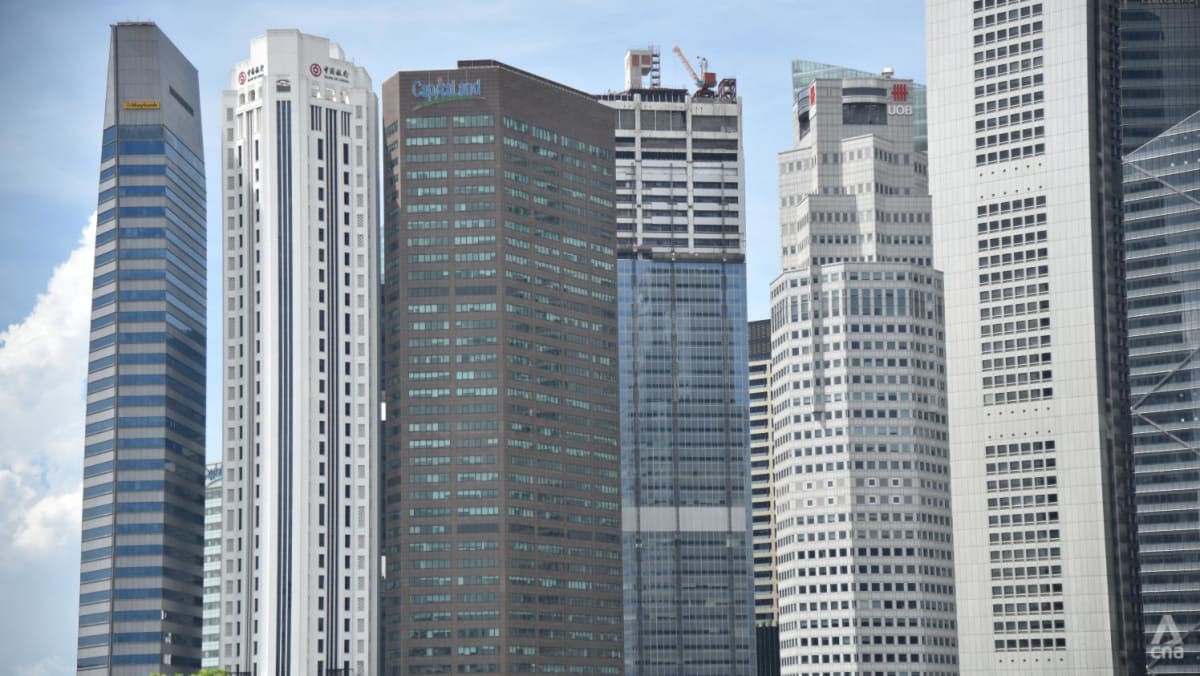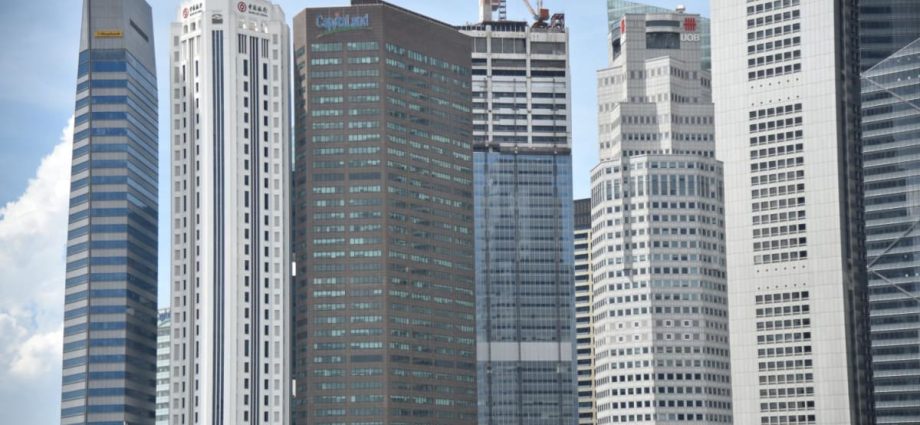
OUTLOOK
In 2024, core inflation is projected to average 2.5 per cent to 3.5 per cent. Excluding the transitory effects of the 1 percentage point increase in the GST rate to 9 per cent, core inflation is expected to come in at 1.5 per cent to 2.5 per cent.
Core inflation is expected to be affected by increases in the GST rate and increases in bus and train fares and electricity and gas tariffs in early 2024, said MAS and MTI.
“However, core inflation should resume a gradual moderating trend over the rest of the year, as import cost pressures decline and tightness in the domestic labour market eases.”
Global crude oil prices fell in the last quarter of 2023 and are expected to stabilise at around current levels.
Meanwhile, global prices for most food commodities, as well as intermediate and final manufactured goods, have continued to decline.
Prices of services associated with overseas leisure travel are also expected to moderate over the course of 2024 as supply conditions in international hospitality industries improve.
“These factors, alongside the stronger S$ trade-weighted exchange rate, should continue to temper Singapore’s imported inflation in the quarters ahead,” said MAS and MTI.
Locally, unit labour costs are expected to rise at a slower pace in tandem with the gradually cooling labour market. Businesses are likely to continue passing through higher labour costs to consumer prices, but at a more gradual pace.
COE premiums have been volatile notwithstanding further increases in the COE quota since November 2023.
“Upside risks to inflation remain, including from fresh shocks to global energy and shipping costs due to geopolitical conflicts, higher food commodity prices from adverse weather events, as well as more persistent-than-expected tightness in the domestic labour market,” MAS and MTI said.
“At the same time, an unexpected weakening in the global economy could induce a faster easing of cost and price pressures.”

